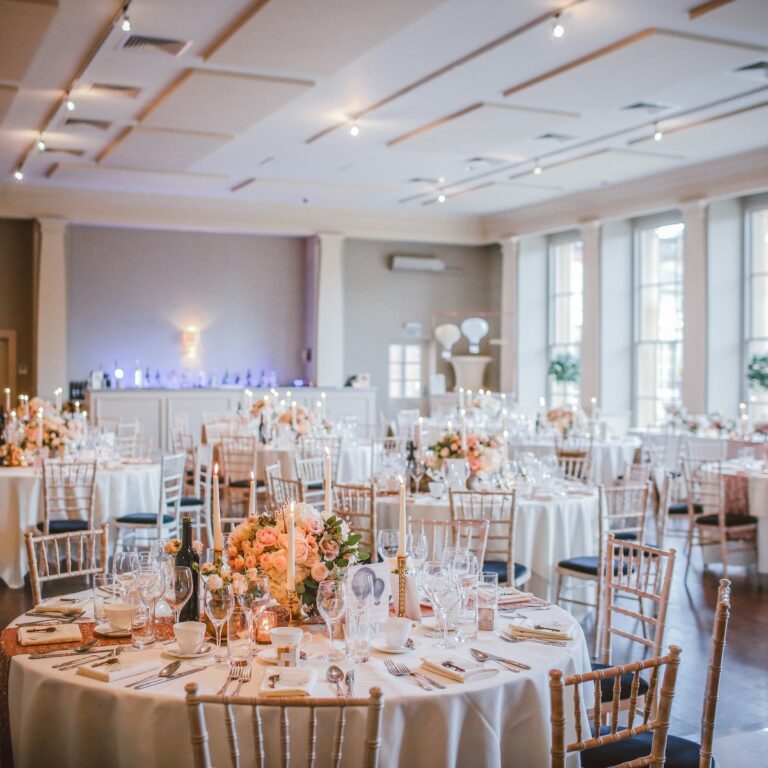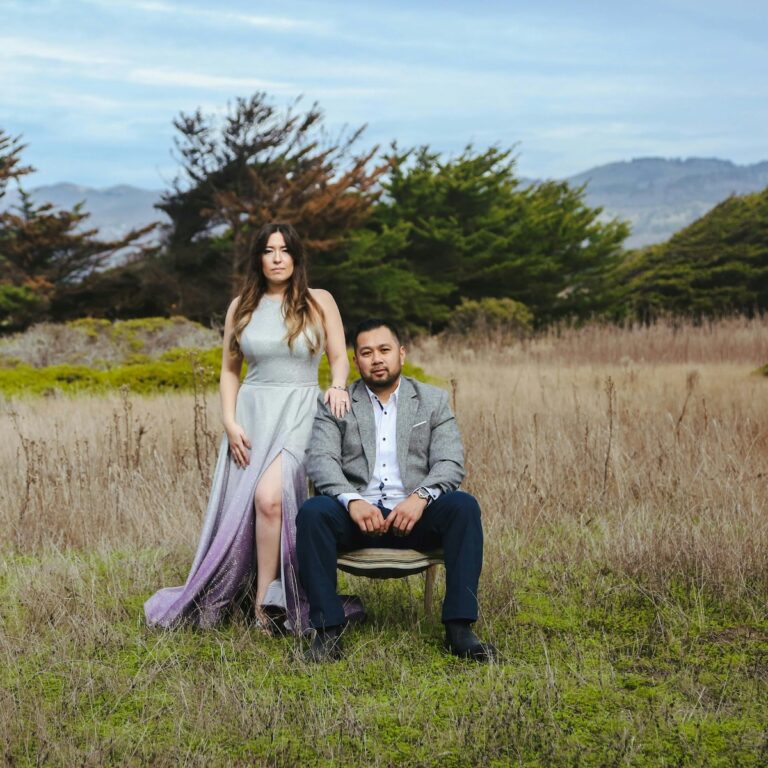Planning a wedding is already stressful, so finding ways to increase your budget can be a huge headache.
Whether you’re working with a small budget or a large one, chances are you’ve seen that number creep higher and higher throughout the planning process. Problem is, your funds don’t quite match!
Here are 21 ways to either increase your current wedding funds, or make that budget stretch farther.

Get a second job.
True, planning a wedding already feels like a second job—and it kind of is.
Between venue tours, vendor trials, and endless emails and decisions, you barely have energy for your day job, let alone another gig.
The truth is, squeezing a second job into your schedule won’t be easy. You’ll have to sacrifice a lot of your social life, and even some of the more hands-on wedding tasks, at least for a few months.
It’s still the simplest way to increase your wedding budget, though.
Think about it: you already know you can live on your current salary and get your bills paid, so that second job’s paycheck can get funneled straight into your wedding account.

Start a side hustle.
To be fair, a side hustle and second job aren’t that far removed from each other.
Both are jobs you’d do on the side of your primary career, with whatever extra hours you can spare.
Generally speaking, however, a side hustle is more flexible. This is perfect if you’re planning a wedding while pregnant or if you already have a kid.
Side hustles are usually self-employment opportunities, as well. You can set your own hours, and even quit on a dime if need be (within reason).
For some ideas, start browsing these side hustles for brides or stay-at-home moms. My favorites are quick-start options that earn you money right away with as little fuss as possible, like driving for Uber or DoorDash.
Like a second job, side hustles produce income you already know is “extra” (meaning, you’re capable of living without it), so all that money can go straight into your wedding fund.
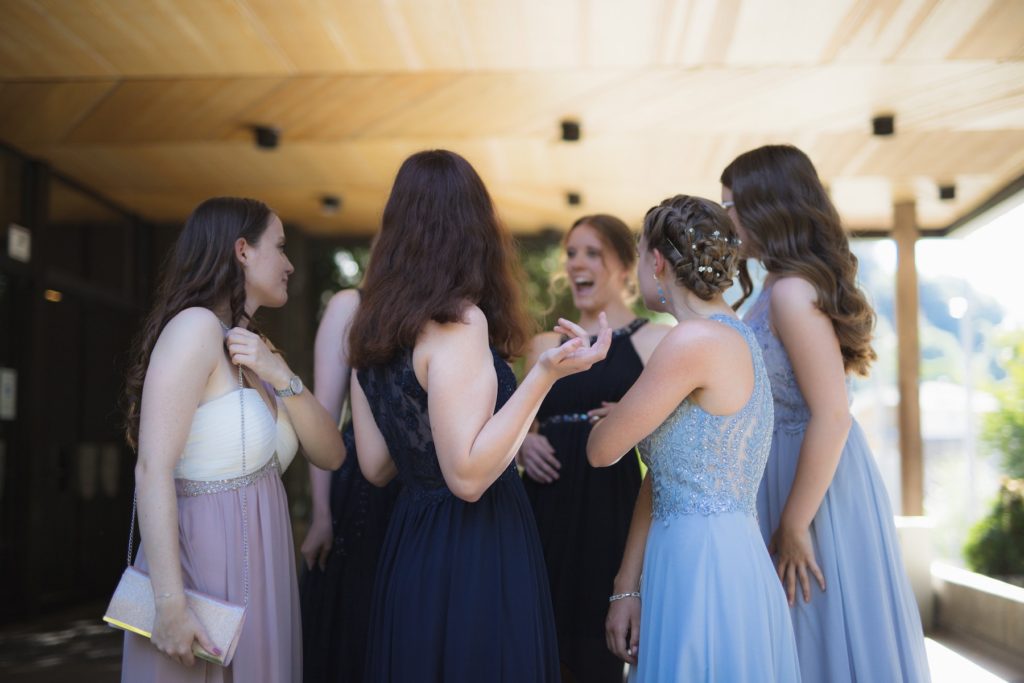
Cut down the guest count.
This is a tough one, but the simplest and most surefire way to increase any wedding budget: decrease how many people you’re going to invite.
Everything costs less with fewer people involved. From venue size to catering options, even down to those little (but expensive) details like invitations and postage—the lower your headcount, the farther your money goes.
Simply put, 50 guests cost way less than 100. Even going from 200 to 175 can help shave a few hundred off food and alcohol costs alone.
Wondering how to cut down your guest list without hurting feelings? The best strategy is to cull by category.
Try cutting out all coworkers from your invitation list, from both your and your partner’s side.
Or you might decide all those out-of-town relatives you haven’t seen since you were six don’t really need invitations, after all.
Wherever you make cuts, be consistent. That’s the easiest way to soften the blow. People are less likely to be offended they weren’t invited if they know no one from the office or their immediate family got invited.
With that in mind, you’ll probably still get some miffed texts or passive-aggressive gossip.
In the end, all you can do is let people be upset. They’re not in charge of how you spend your wedding budget, and no one is entitled to attend an event you’re paying for.

Get a roommate—just for a few months.
Whether you live with your spouse-to-be already or not, renting out a spare room is a great and fairly passive way to increase your wedding budget.
A few months to a year can bring in thousands of extra income. And it doesn’t have to be forever.
When interviewing roommates, make sure you’re clear on the deadline of their move-out date.
If you don’t live with your partner yet, your roommate might even be interested in taking over your lease once you move out.
For a side hustle version of this, consider becoming a host through AirBnB. It probably won’t bring in quite as much cash as a permanent renter, but every little increase to that budget will make wedding planning way less stressful!
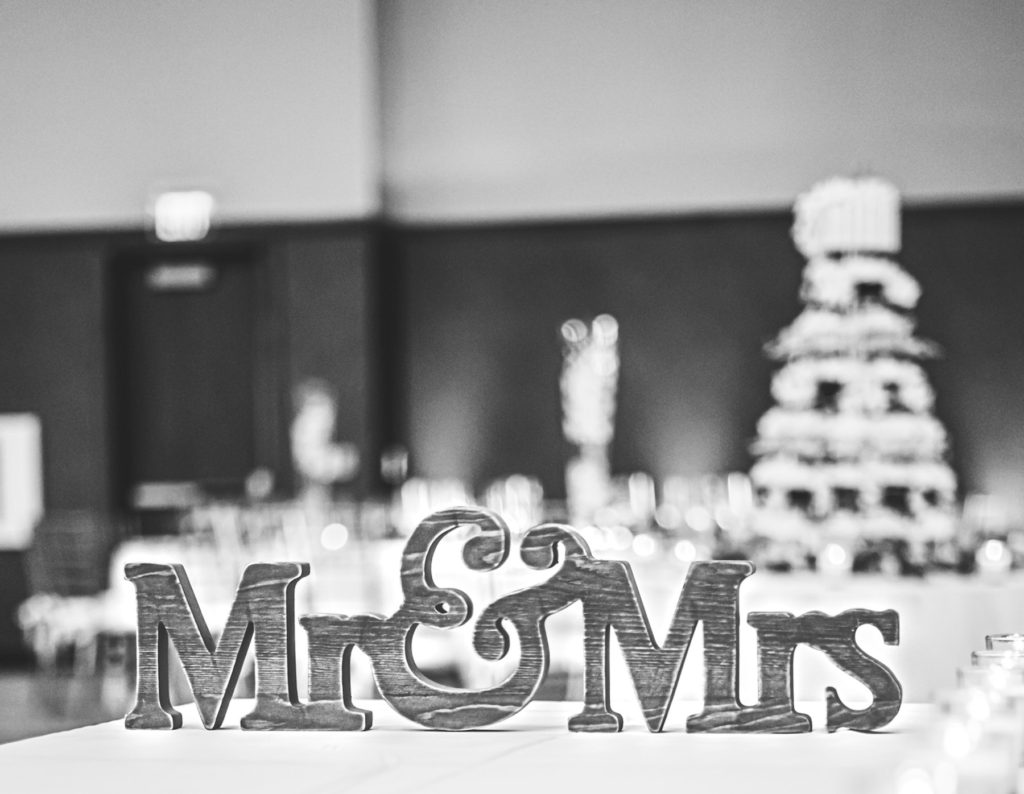
DIY everything (but use caution!)
Crafty brides—and truthfully, even the not-so-crafty ones—can save a lot of money by doing as much of the wedding details themselves as possible.
Designing and printing invitations, hemming your own dress, or making your own centerpieces can all save a few hundred dollars or more.
However, use caution when going the DIY route.
Let’s be real: craft supplies are expensive as hell. We’ve all had a project that turned into a money pit before we were even finished.
You also need to consider the cost of your time.
Sure, you can save $200 designing invitations and printing them yourself…but if it takes you 40 hours to do all that, wouldn’t you have been better off investing those hours into overtime at work, or a second job?
Of course, not every bride cares about the ROI on time. You might not even care about the money you will or won’t save with certain wedding projects.
You just love crafting, and want that personalized touch all over your big day.
That’s perfectly fine! There’s absolutely nothing wrong with DIY-ing a wedding if you want to.
But strictly speaking in terms of its financial impact, remember that DIY only goes but so far.

Limit your bar options to wine and beer.
There’s no way around it: alcohol is expensive, and your bar budget might not be high enough to host a glittering open bar for 200 people.
First and foremost, I have to state that I despise cash bars as a solution to low wedding budgets. But more on that below.
Wine and beer are perfectly adequate staples of a wedding bar. Most people drink at least one variety of beer or wine, if not several.
Furthermore, it helps protect against over-serving, and ensures your guests have a fun but safe time at your reception.
Cutting hard liquors from your wedding alcohol budget can save hundreds, and nobody will complain.
You could also do a few signature cocktails, instead of an open bar. Cosmos, margaritas, and mules are all easy to customize and jazz up with fun names to reflect your personalities. Guests might even love them more than standard drink options!
Why You Shouldn’t Do a Cash Bar
Some people argue cash bars really aren’t a big deal.
Maybe they aren’t. After all, so many guests give monetary gifts to newlyweds; is this really that different, since it leaves more money in the bride and groom’s pockets?
To me, however, it is different. Guests have already spent so much money to dress up, travel, and find you a gift. The reception is for them, so asking them to pay for drinks at their own thank you party just feels icky to me.
Yep, I said it: the reception is not for the bride and groom!
Your reception is to receive your guests, and thank them personally for attending your wedding ceremony—as well as for their support in your lives. Buy them some drinks.
Of course, it’s your wedding, not mine. If you think a cash bar is okay, do it. I’ve heard certain cultures and geographic regions very commonly use cash bars, so I’m well aware my opinion is just that: my opinion, and not fact.

Skip the photographer.
We saved over a thousand dollars by not hiring a photographer and skipping engagement, wedding, and reception photos.
Instead, a family friend took our portraits during cocktail hour as his wedding gift, and our guests took candids throughout the ceremony, reception, and afterparty. And the photos turned out beautifully!
So don’t think you need a pro for great shots. Despite what everyone tells you, you don’t need to hire a wedding photographer.
However…
…I do wish we’d been able to hire one.
Again, our photos turned out great. Our friend did a fantastic job, and I wouldn’t trade his portraits for anything.
Plus, we were very young when we got married, and our wedding budget simply couldn’t be increased. That money we saved allowed us to stock our bar, so I don’t regret the choice overall.
Now that we’re older, though, I’ve seen all the great shots my friends got for their engagement sessions and receptions. To this day, I wish we’d been able to squeeze just a little more money into our budget, so we could have had those pictures too.
If you can afford to hire a professional photographer, get one.
But if your budget is so tight something just has to go, this is one “technically not needed” expense that can get axed pretty quickly.

Save your honeymoon for later.
We used this tip to increase our wedding budget too. Instead of dropping a few grand on a honeymoon, we funneled that money into our reception fund.
In fact, nixing the honeymoon was what allowed us to pay for a caterer!
While it would have been nice to take a big, fancy trip right after the wedding, we didn’t have any less…ahem, newlywed fun in the days that followed just because we were in our apartment versus a hotel on some beach.
And the truth was, it took a lot of stress away not having to plan a honeymoon and wedding at the same time!
Instead, plan a trip for a few months after your ceremony. You might even enjoy the trip more, with all the craziness and stress so far in the rearview.

Downgrade your car.
The average American has a monthly car payment of almost $500.
Sure, you’ve got the shiny new wheels in your driveway with a great stereo and sunroof—but that car is absolutely destroying your income’s potential.
Imagine what you could do with an extra $500 a month. Vendor deposits or that catering fee would suddenly feel way less stressful, right?
If you still owe more than a few grand on your car, consider selling it and downgrading to something much cheaper. Ideally, you’ll get a car that has no payments at all.
That yearly $6,000 (or more) you’ll now save in car payments will add some serious mileage to your wedding budget, pun completely intended.
And remember: it doesn’t have to be forever! None of these frugal wedding solutions have to be forever, in fact.
This is just a season. A tough one, sure…but it’ll pass.

Split your paychecks.
To be fair, this isn’t really a way to increase your money, but rather a new and simpler way of allocating where it goes: namely, to make sure it actually gets into your wedding budget.
You have a few options on how to do this one.
If you have a second job or side hustle, you can choose to divert all those funds directly into your wedding account.
Not touching that money is the easiest way to forget it exists, and thus the easiest way to save it.
Alternatively, you can try diverting every other paycheck from your main job into the wedding fund, and living off the others.
This is, admittedly, really freaking hard. Most of us live on more than 50% of what we bring home, so doing this would leave lots of basic needs unmet.
My personal favorite way of doing this is by person.
If you and your partner live together already, live off the higher income, then save the lower one.
There are more than a few benefits of splitting your checks up this way:
- It gets you both on the same financial page, combining finances in a more official capacity (if you haven’t already done so).
- You’ll grow accustomed to living on less than your household income, which will help you build wealth in the future, and provide practice if one of you becomes a stay-at-home parent.
- Now you know what you’re capable of. If you can live off just one income while you save for a wedding…how much longer could you keep that up? Long enough to save for a down payment on a house? Even longer, to pay off student loans or car debt when the wedding is over?

Do a no-spend challenge for as long as possible.
At the beginning of the month, stock up on everything you know you’ll need soon.
This includes toiletries, groceries, and things like pet treats or even makeup.
Once that’s done, try to go as long as possible without buying or ordering a single thing.
We do no-spend challenges pretty regularly around here, to throw huge amounts of money at our student loan and credit card debt. They’re not easy, but it’s always fun to try and beat our record (22 days, if you’re curious).
Sometimes, of course, we have to make exceptions. Medicine for sudden illnesses, gasoline for our cars, another gallon of milk because the kids spilled one—stuff pops up.
It’s okay if you have to break the challenge a little bit for emergencies.
The key is to avoid stores for as long as possible, because it’s really hard to not buy “just one or two more things” once you’re in there.
Along with no-spend weeks, we also do pantry challenges: making use of all those random foods in our cupboards and freezer before we go grocery shopping again. Nothing goes to waste, and meals get pretty creative when you’re forced to use what you already have.
During no-spend weeks, we save a minimum of $100 simply by avoiding grocery runs and restaurants.
The most we’ve saved during a no-spend challenge was $1,400 over 21 days, because we:
- Ate everything in our house. This meant cereal for dinner more than a few times, but it was worth it.
- Didn’t go out to eat at all, making everything at home.
- Gave up all extras for those weeks, including alcohol, desserts, fast food, and new books or movies.
- Fixed our really crappy lawnmower ourselves with a stopgap solution instead of buying a used one we’d been considering.
Making a game out of not spending money is a fun way to increase your wedding budget, and might become your new favorite tactic for saving cash in the future too.

Don’t open a wedding credit card—then go pay off your current ones.
Full disclosure, we don’t believe in credit cards anymore.
We used to, of course. As a matter of fact, we’re still paying off the bills from those days!
Now you’ll only find cash or debit cards in our wallets. Eliminating all our debt is important to us, so we resolved to never use a credit card again.
If you feel differently, that’s okay.
But even if you like keeping your credit cards around, don’t open a new one just for your wedding budget. It’s probably best to avoid charging anything from your wedding on a card, actually.
Credit cards make it very easy to overspend, and thus ignore when a wedding budget category gets out of hand.
Forcing yourself to use debit or cash will keep you more aware of your budget, and where each spending category stands.
Even better than cash-flowing your wedding? Paying off your current credit cards while you do it!
Not everyone has the funds to do both at once, but if you’ve got a few small balances scattered around—like $500 here and $700 there—cutting up, closing, and paying off those cards can free up those monthly payments and interest, which leaves more for your wedding expenses.

Explore cheaper venues.
A venue is the most expensive element of any wedding budget besides catering, so cutting costs there is an easy way to increase your funds.
Looking for a cheaper venue is step one.
Your heart might be set on that $10,000 ballroom…but what is it about that place you love, specifically? Its elegance? The large windows and chandelier? Or the overall vibe and aesthetic?
Write down everything you need and want in your venue, then make a list of every place nearby that meets all or most of those needs. A few items from the Want list are fine, too. Then compare which venue gives you the most for the lowest price.
The key isn’t to pick the cheapest place, period. It’s to pick the place with the most value.
For example, a $7,000 venue that includes tables, chairs, linens, and a coordinator is far more valuable than a $5,000 wedding venue where you have to supply everything yourself.
You could also explore free venue options, like state parks, certain beaches, or your own backyard.

Have a “Stock the Bar” Party instead of a bridal shower.
Instead of a traditional bridal shower where guests bring you gifts like plates, silverware, and linens, why not host a Stock the Bar cookout?
For a Stock the Bar party—which can be separated by gender like traditional bridal showers, or include everyone—guests bring a few bottles of wine, beer, or liquor as their gift to you and your partner.
Save up all those bottles and use them to stock your wedding reception’s bar.
The downside to this, of course, is that you won’t get gifts for your new home. But if you and your soon-to-be spouse already live together, you probably don’t need much else, anyway.
For the cost of hosting a cookout or casual party, you can stock your wedding bar with hundreds of dollars’ worth of alcohol.

Skip the silverware: do a crowdfunded gift registry.
Again, maybe this is just me, but I don’t like asking guests for money. Ever.
Whether that’s via a cash bar or crowdfunding platform, something about it just feels strange to me.
But I will say, I find this option less “ew” than a cash bar, simply because it’s not at the actual wedding. You’re not asking your guests for more things, but rather requesting they divert the money they’d usually spend on a gift so you can fund your wedding, instead.
Most will happily contribute to a crowdfund towards your big day, especially if they know funds are tight for you two.

Push back the wedding date by a few months.
Unless you’ve already paid a venue and reserved your date, why not delay the wedding a little bit?
Six months isn’t all that long of a delay, but can make a world of difference to your budget.
In half a year, you could earn another 10 or 20 grand, get married in the off-season (when everything’s much cheaper), or decide a few of your previous must-haves aren’t so important, after all.
Sometimes we can’t increase our wedding budget…so increasing the timeline is the next best thing.
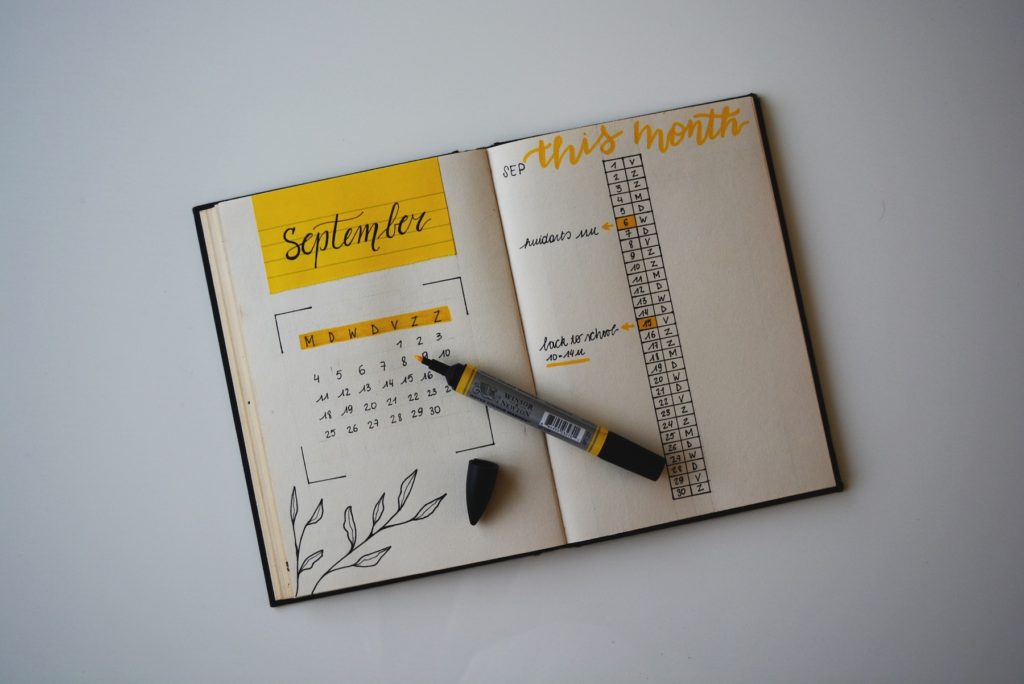
Be ruthless about editing your wedding budget.
If you’ve never lived on a budget before, you might have a tough time sticking to this one.
I was the same way. Despite being extremely frugal and working several jobs through college, I’d never actually lived on an official, written budget until we had a kid and started wedding planning.
You’ve got to be disciplined to stick to your wedding budget—and absolutely ruthless about editing it.
And it isn’t one of those “set it and forget it” deals, either. Editing your budget should be done frequently and consistently. Every week is ideal, but at a minimum, you should be going over the numbers every time you make a wedding-related purchase, no matter how small.
This means sitting down with your spouse and tallying up everything you’ve spent so far per category, then comparing it to the amount you’ve allotted.
If you’ve gone over in one category, you’ll have to find an area to cut back on.
Maybe your wedding dress was $200 more than you prepared to spend, so you’ll decide on some budget shoes or doing your own makeup.
If catering costs get out of hand, discuss ways to either boost your income for that category, or cheaper food options that can reign things back in.

Use a cash envelope system for every wedding category.
With the exception of the venue or caterer (they usually prefer checks, anyway), an envelope system for your wedding expenses can keep you on track very easily.
Divert cash to each category according to your budget. If you’ve allotted $100 for centerpiece craft supplies, for instance, you’ll purchase those items with that money.
And when that envelope is empty…that’s it. No more. You are done buying crafts for your centerpieces, period, until and unless you can intentionally divert more funds to that category.
Doing the cash envelope system for your wedding helps you hold yourself accountable, and makes every last purchase much more mindful than swiping a card.
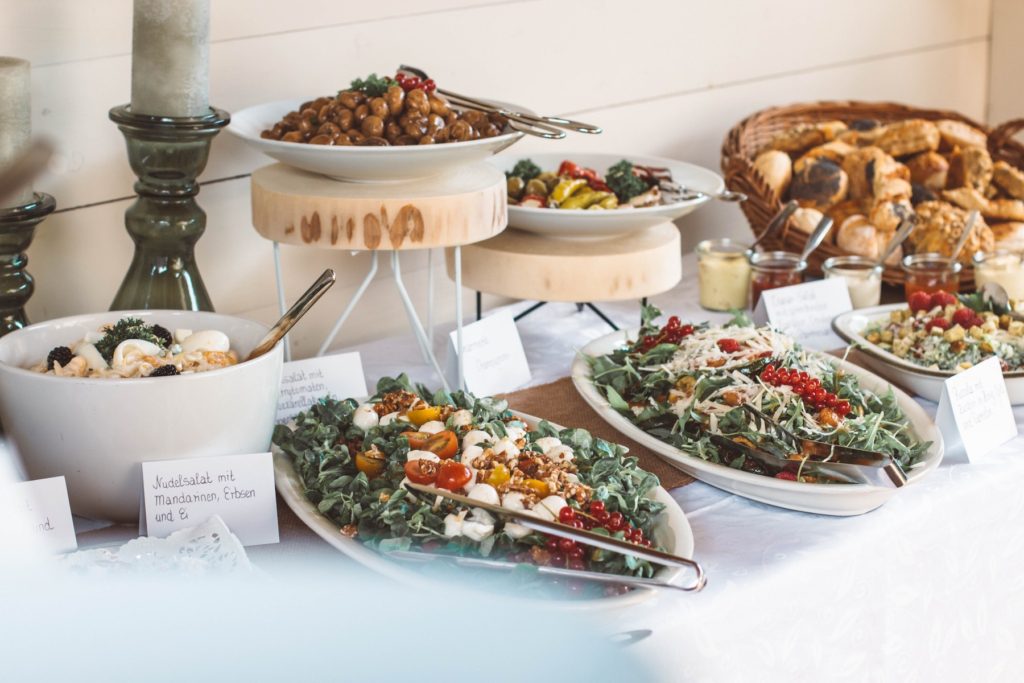
Do a buffet reception instead of plated dinners.
Generally speaking, buffet-style meals are cheaper than plated dinners.
Part of this comes down to the type of food that’s being served. Barbecue is cheaper than steak or chicken, plain and simple.
Another cost of plated dinners is the servers. Typically, your caterer needs more staff members to serve everyone their dinner than if guests served themselves from a buffet.
Plated dinners might feel fancier—and some really are—but a lot of guests won’t care or notice. In fact, a lot of them might prefer serving themselves, so they can get exactly what they want in the right amounts for them.

Sell just about everything you own.
We’ve already covered downgrading your car, but that’s just one of the items you can sell to fund your wedding.
Unused electronics, furniture, brand-name clothing or purses…you’ve probably got a lot of potential cash lying around your house.
And yes, when I say “just about everything,” I mean it!
With few exceptions, nothing is too small not to be worth the effort of slapping up a quick eBay or Facebook Marketplace listing. In fact, small items like DVDs or books can be grouped together and sold in lots to increase your profitability.
Even if you don’t have any impressive big-ticket items, the average stuff around your apartment will add up to a lot of money that can increase your wedding budget fast.
As a bonus, you clear out all your old stuff to make room for your new registry gifts, down the road.

Scrap the big wedding and do a $500 wedding instead.
This tip is more about decreasing your wedding budget, but the idea is the same: having a great wedding on a fixed amount of money.
And yes, it is possible to have a beautiful wedding for only $500.
It just won’t be a big, extravagant event with lots of bells and whistles. But for many brides, that’s exactly the appeal.
Planning a wedding on a micro-budget like $500 to $1,000 forces you to get resourceful. You’ll see venue possibilities you never would consider otherwise. Suddenly, any white dress could be a wedding dress.
And the fact is, all that really matters is that you’re marrying the person you love.
Best of all, the thousands of dollars you’ll save can be put towards travel, debt, or a down payment on a house.

How You Use Your Wedding Budget Matters More
No matter how you choose to increase or stretch your wedding budget, remember that money is merely a tool. How you use it matters more than how much you have (or don’t have).
I’ve seen brides without budgets spend tens of thousands on a big wedding, only to be unhappy with how it all turned out. They spent all their money and then some, yet still didn’t get a lot of the details they wanted.
Alternatively, I know plenty of brides—and was one myself—who used a limited budget and got almost every item on their dream wedding checklist, without breaking the bank.
One big benefit of having a tight wedding budget is that it forces you to get creative.
You might take jobs or sell items you never thought you would—until you saw a vision for your big day that you wanted more.
Or you might decide all the expensive details aren’t quite as important after all, and opt for something more low-key. Either way, working with a budget while you plan your wedding brings out resourcefulness and discipline that “winging it” simply can’t match.
Are you working with a strict wedding budget, and trying to increase or stretch it? Share your tips and advice in the comments!
Related:





